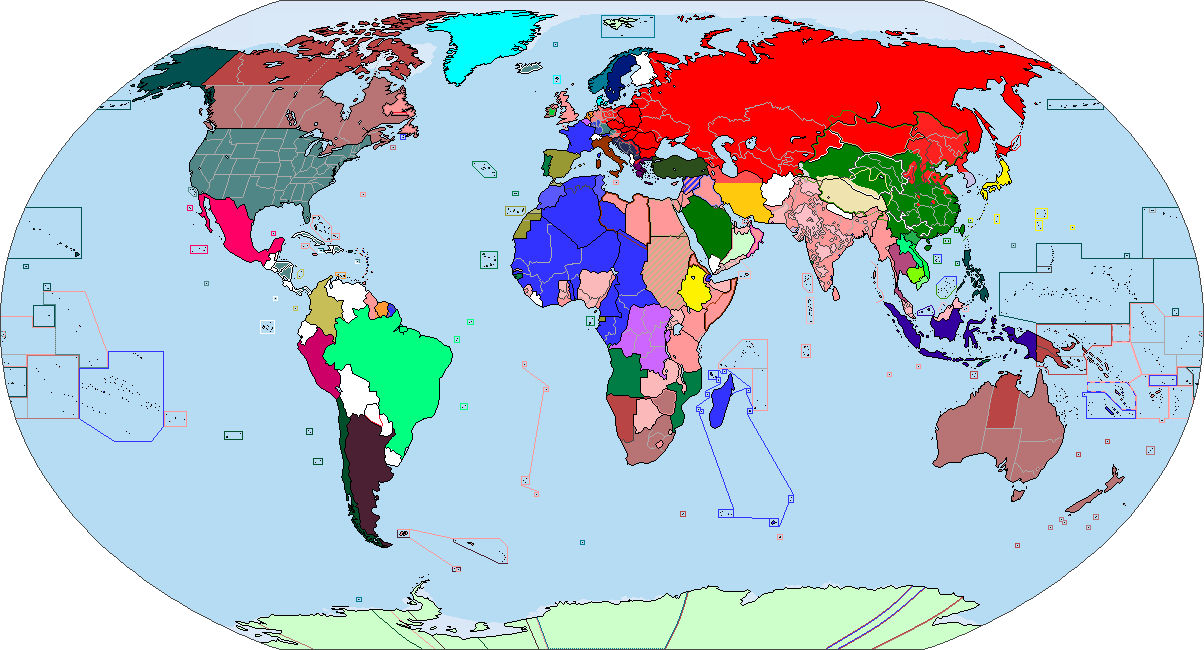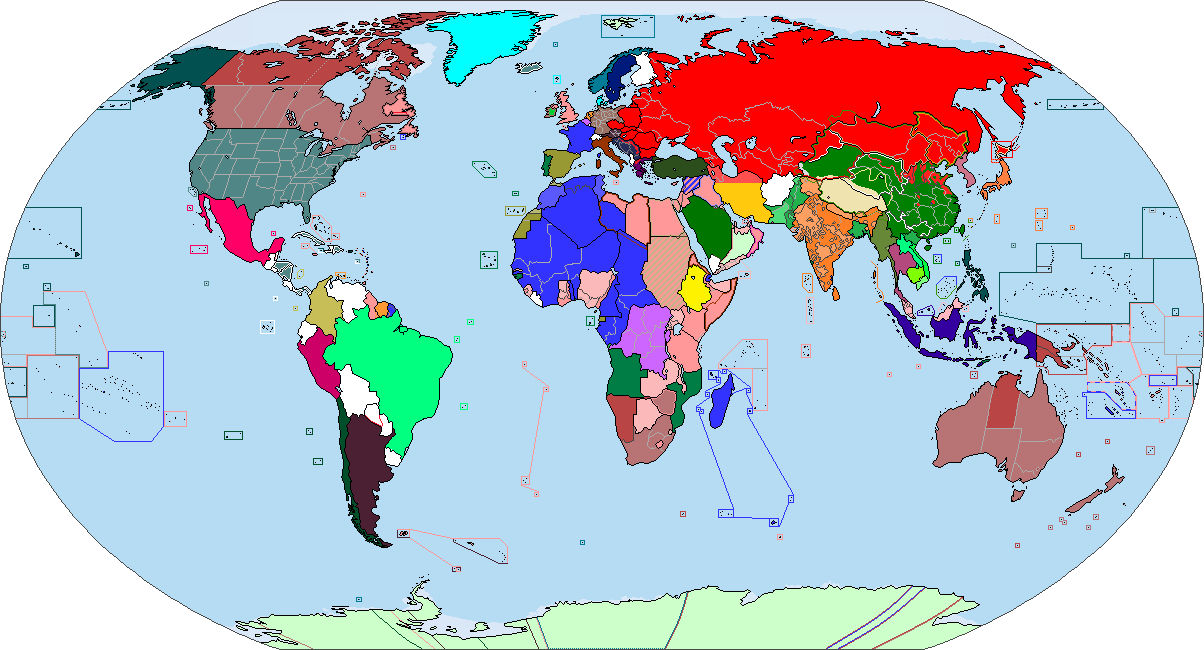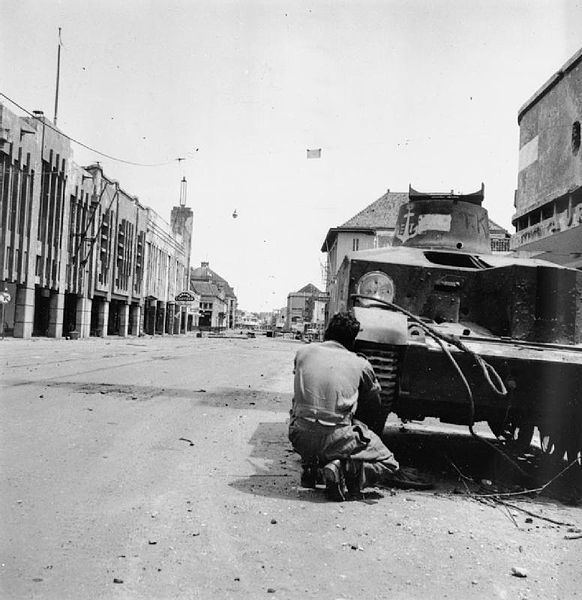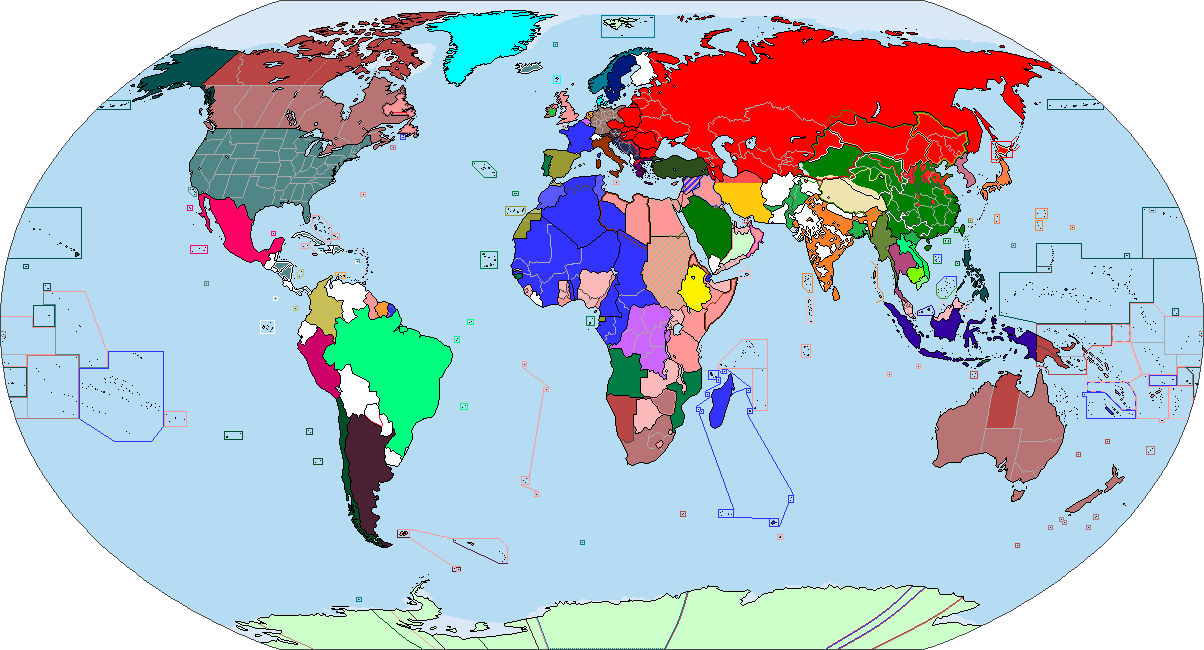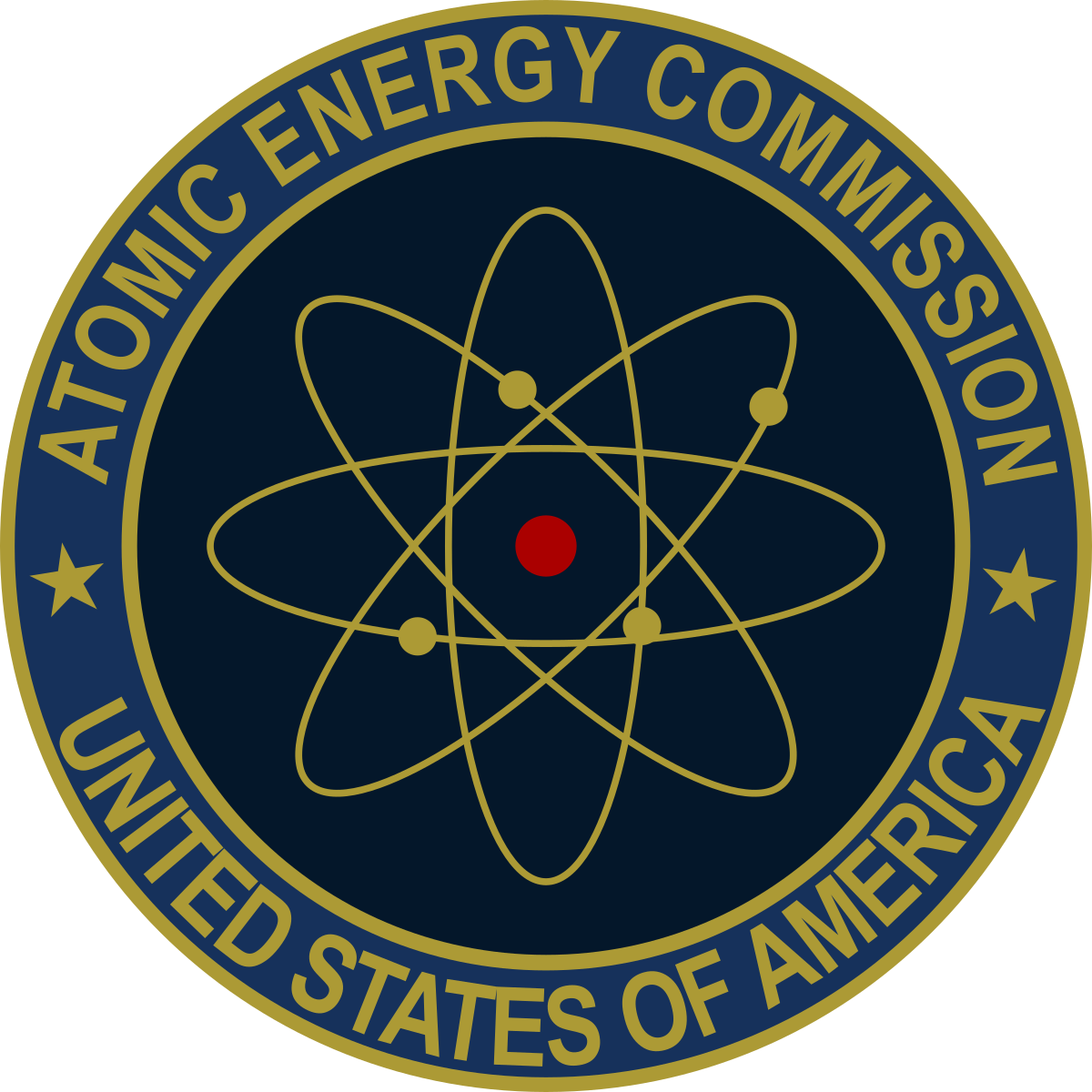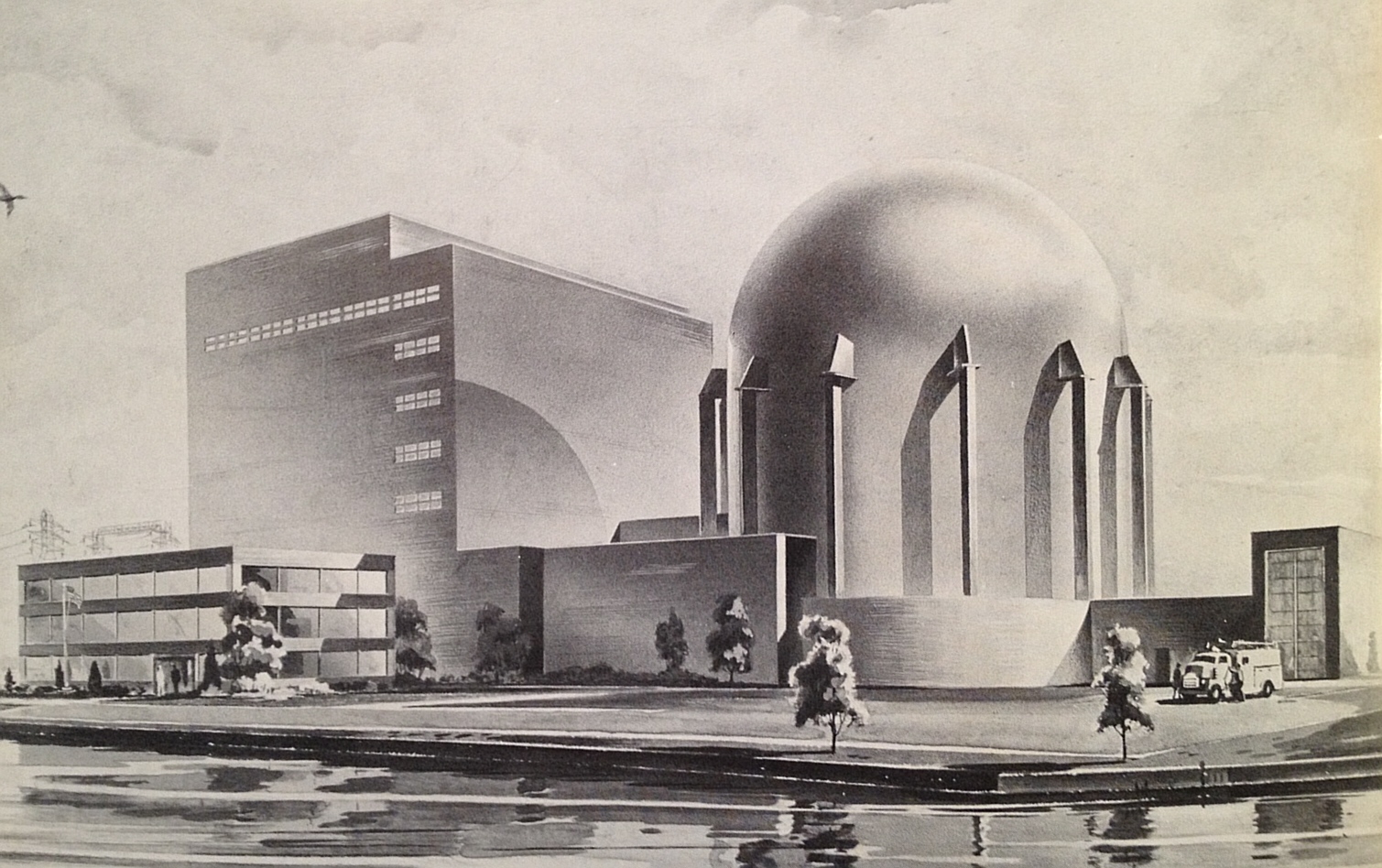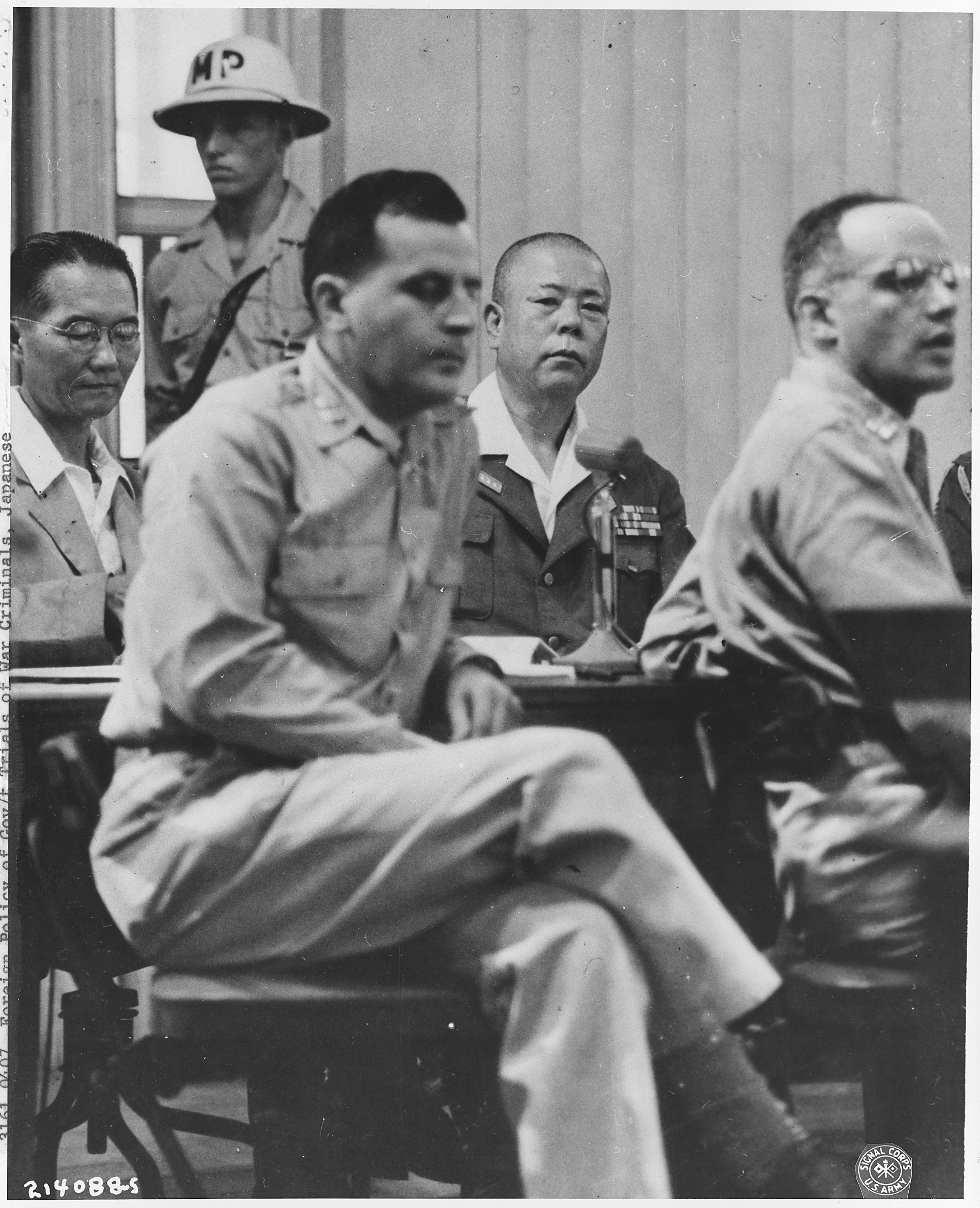
With the End of the Second World War, the United Nations planned to play a much greater role in the world then the League of Nations ever had done, meaning they wished to prevent future conflicts and future wars of any kind whenever possible. At the same time the defeat of Nazi Germany and Imperial Japan lead many to believe that a new conflict between Democratic Capitalist West and Authoritarian Communist East was rising. Some believed the best way to prevent this from happening, as well as strengthen and secure the United Nations like the League of Nations never had been would be to ensure that the Peace after the Second World War would not be dictated by revengeist and nationalist ambitions of the victors, but by a Peace Conference made up by all member states and nations within the newly formed United Nations. Things to discuss were plenty, as the Greek Civil War provided a first glimpse of things to come if the increasing rivalries between West and East could not be limited.
A first step therefore was not only to conduct a final peace treaty which would establish the new borders in Europe, but to determent what these borders would be, starting in Germany were the various partition plans of Germany would be debated once more, going south to Austria, were it would be decided if it should be partitioned like Germany as well, leading to Yugoslavia and nearby Albania, were Tito and the Government-in-Exile could agree that neither of them wished to fall completely under Stalin’s influence, as the British had also made it clear they wished no Soviet occupations and control outside of the regions they had taken with their armed forces, until finally in the South the Greek Civil War needed to be addressed. Further east the Partition of Persia between American, British and Soviet forces to secure the vital supply line during the Second War was no longer needed and the country could be liberated once more, but Persian Communists already hoped that the Soviet controlled zone in the North could help them proclaim a Socialist Republic of Persian People (Socialist Republic of Persia) against the ruling Shah Monarchy and by taking over, also secure the Soviet route to the warm water harbors of the Indian Ocean.
In the Far East meanwhile Chiang’s Nationalists, Mao’s Communists and Yan Xishan fought for dominance of Northeast China and Manchuria, while the East Turkestan People’s Republic, similar to the Mongolian People’s Republic looked like the Soviet Union and Stalin wished to carve out parts of the Chinese Republic for themselves. Further Untied Nations peace treaties would also have to clarify if the Korean People, once enslaved under the Japanese Empire could reunite their Peninsula as an independent Nation State and if said country would be more pro-West Capitalist or pro-East Communist. Similarly in Japan the Question if Japan should and would be occupied and maybe divided like the German partition plans needed to be talked over as well. Meanwhile in Southeast Asia, there was the question what should happen with the former European and American Colonies and Protectorates, with the Philippines demanding full independence as a United Nations member state, while in Indochina local socialist, communist and even Nationalist Chinese backed independence movement had already one sided proclaimed the independence of Vietnam, Laos and later Cambodia from French rule while further south the Indonesian Republic had declared it’s independence from the Dutch East Indies. Here the question was if these independence proclamations should lead to United nations member states and new countries forming, possible sparking a wave of decolonization and peaceful, as well as aggressive independence movements all across Asia and Africa, or if these regions should be given back to their former colonial and imperial owners.
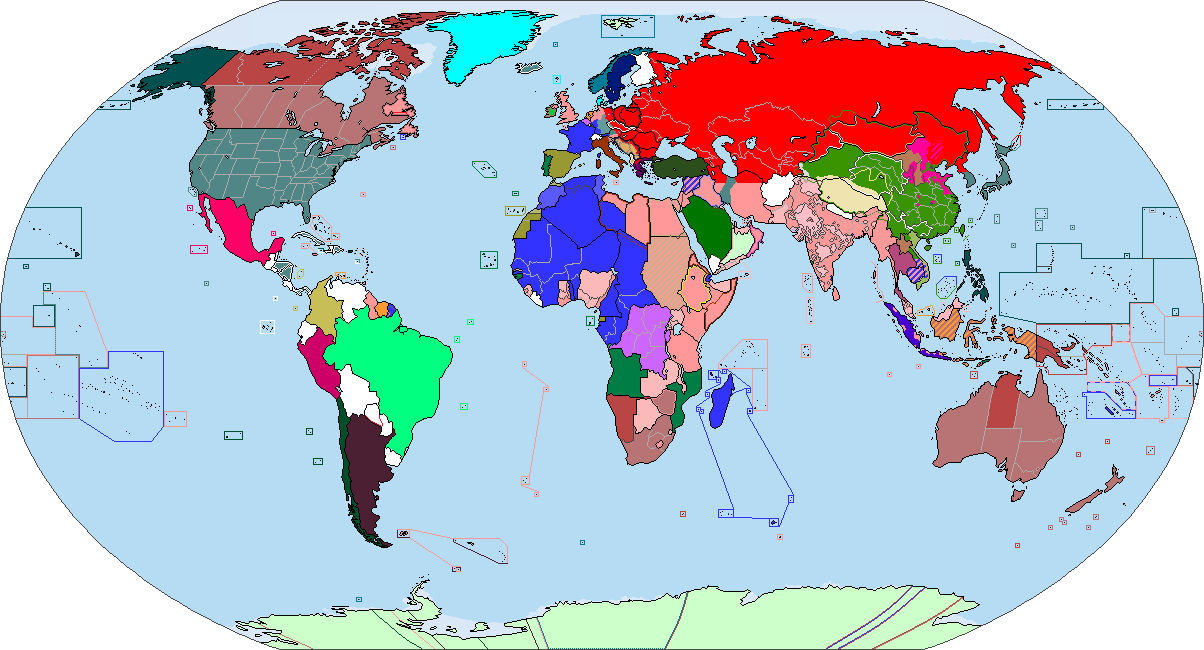
Last edited:
